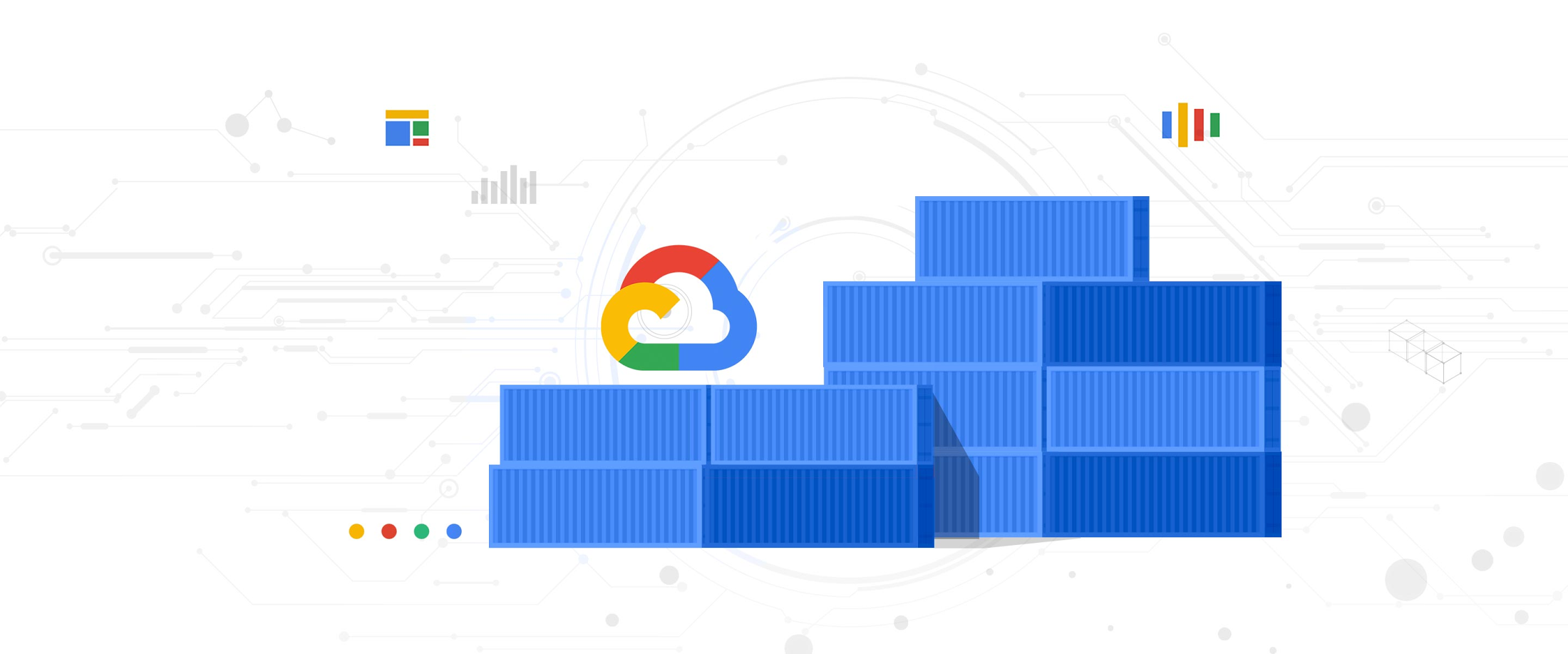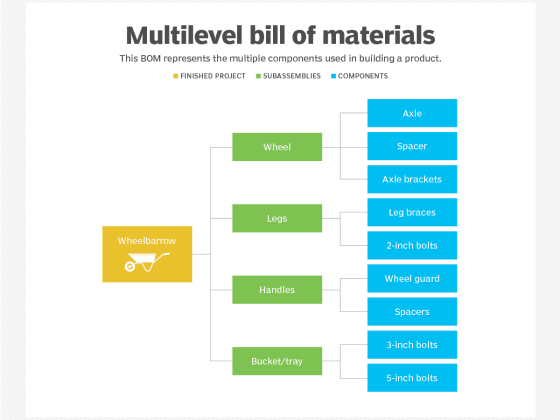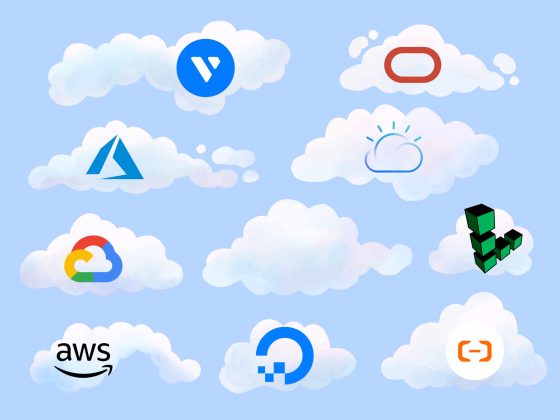With Google Kubernetes Engine (GKE), customers get a fully managed environment to automatically deploy, manage, and scale containerized applications on Google Cloud. Kubernetes has become a preferred choice for running not only stateless workloads (e.g. Web Services) but also for stateful applications (e.g. databases). According to the Data on Kubernetes report, over 70% of Kubernetes users run stateful applications in production.
Stateful application support within Kubernetes has improved rapidly, and GKE offers extensive support for high-performing and resilient persistent storage and built-in features like Backup for GKE. With stateful applications, customers can choose to adopt a “do it yourself” (DIY) model and deploy directly on GKE or simply use a fully managed database-as-a-service (DBaaS) offering such as Cloud SQL or MariaDB SkySQL. Whatever operating model customers choose, they expect a reliable, consistent experience from applications which means data must be continuously available.
From our partners:
MariaDB SkySQL is a DBaaS for applications that demand scalability, availability and elasticity. It’s for customers looking for a cloud-native database that enables them to leverage the openness, resilience, extensibility, functionality and performance of MariaDB’s relational database on public cloud infrastructure. SkySQL delivers flexibility and scalability in a cloud database that keeps up with customers’ changing needs — all while reducing legacy database costs.
Together customers get the best of both worlds for modern applications — fully managed compute with GKE for stateless applications and a highly reliable MariaDB SkySQL DBaaS for storing state.
Virgin Media O2 serves more than 30 million users via Google Cloud and MariaDB SkySQL databases running all transactions for O2’s network, customer authentication, venue deployment and internal operations, including reporting and analytics.
“We need to make informed business decisions because we can easily see and understand what is happening in our environment. We now have a 24×7 platform that’s more efficient, faster and cheaper. Cost was the last thing we looked at, but we’re happy to see the savings. Both OpEx and CapEx were massively reduced by moving everything we did from on-prem into SkySQL, and that savings will continue, on an ongoing basis. We can now always work within our budget and scale as we go.” – Paul Greaves, Head of Engineering, O2 Enterprise and Wifi, Virgin Media UK Limited
MariaDB SkySQL is built on GKE
Under the hood, MariaDB SkySQL is built on GKE. DBaas are increasingly running on GKE to benefit from built-in features such as Backup for GKE, cost optimization features to measure unit economics and the portability and openness of Kubernetes. Additionally, to help with ongoing operations commonly referred to as ‘day 2 operations’, which has been a source of toil with stateful applications, customers get safe deployment strategies like Blue-green upgrades and observability. All this means running on GKE brings business agility that makes MariaDB SkySQL easy to deploy and easy to scale as the business grows.
“Using GKE has really streamlined the process of operating SkySQL in the cloud,” says Kevin Farley, Global Director Cloud Partners MariaDB Corporation. “SkySQL databases deployed on GKE regional clusters using a Kubernetes operator, provide enterprise customers with maximum security and high availability.”
Customers can choose to run databases of all types and sizes directly on GKE, or select managed DBaaS offerings like SkySQL. Increasingly, DBaaS are being built on GKE to deliver as-a-service products, so either way, customers get the power of GKE supporting mission critical applications.
By Akshay Ram, Product Manager
Source Google Cloud
For enquiries, product placements, sponsorships, and collaborations, connect with us at [email protected]. We'd love to hear from you!
Our humans need coffee too! Your support is highly appreciated, thank you!








